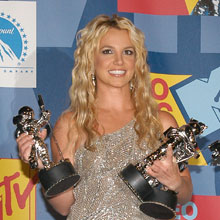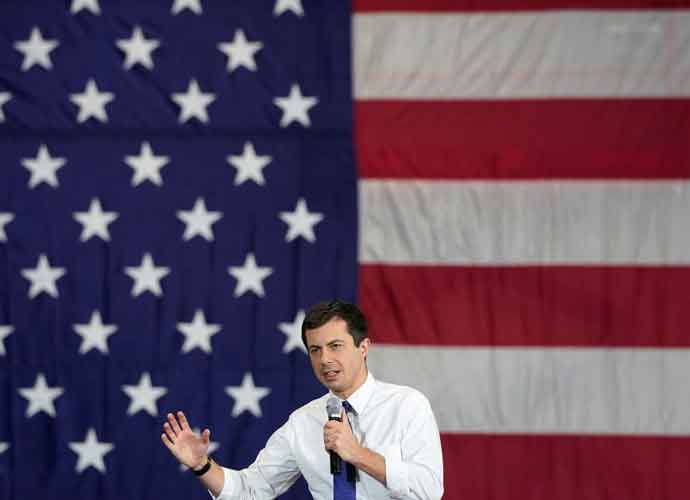The Politics of Britney
Obama-Spears '08? The History Channel's Historian in Residence Steve Gillon, former dean of University of Oklahoma's Honors College, goes deep with Uinterview to examine how pop culture has always mixed freely with American politics. Gillon's next book, The Pact: Bill Clinton, Newt Gingrich, and the Rivalry that Defined a Generation (Oxford), will be published in June. (Photo: WENN)
1 Comments
Leave a comment
I’ve always thought that the fulfillment of John’s form of politics is John Stewart. John Kennedy’s mother was journalist whose interest was in fashion and the arts and his dad was a politician. John, Jr. believed that in a modern media age, it was impossible to understand politics without understanding culture. Better than anyone else, John Stewart clarifies those points of intersection. So, I see the Daily Show as the logically outgrowth of George magazine, which was started 13 years ago now. Obama is a continuation of modern media age that began with John’s father.
I think back to the Rat Pack–Sammy Davis, Jr and Peter Lawford–the people who were around JFK. Not all of the Hollywood people are on the Left. John Wayne and Elvis Presley were supporters of Richard Nixon in 1972. You could argue that Chevy Chase in 1976 had as much influence on the outcome of that election as any politician did. On Saturday Night Live, he did a number skits that picked up on some of Ford’s physical goofs that created a public perception of president who was not in control of his body or his mind. Ford, who was probably the most athletic man ever to occupy the White House, was transformed into bumbling idiot and that played a role in what was one of the closest elections in the 20th Century.
Teddy Roosevelt was probably the greatest celebrity of his time. He knew how to manipulate the media. He swam naked in the Potomac. He was the first president to go on a submarine. He knew how to use the media to create a persona that transcended politics. It changes with the post-television age. There is more overlap between celebrity culture and political culture. No one created that more than John Kennedy. He had a unique ability to craft images and transform himself into a celebrity. The amount of media saturation is greater today because of the proliferation of media outlets, but I don’t think the phenomenon we are seeing today is, in relative terms, significantly different that what we saw with Kennedy or even with Teddy Roosevelt 100 years ago.
Hollywood, because it attracts lots of artists, tends to be more liberal than the rest of America but it has never been monolithicly so. Two of Hollywood’s most notable contributions to politics have been Republicans–Ronald Reagan and Arnold Schwarzenegger. Back in the 1950s, when Joe McCarthy was destroying careers, Hollywood became willing partners in the process of outing suspected Communists. The vast majority of people in Hollywood were enthusiastic participants in this. Ronald Reagan became a Republican then because he didn’t understand why the Democrats weren’t more aggressive on the Communist threat.
In the 1960s, the woman’s lib slogan was "the personal is political." That the private lives that women lived were appropriate for public discussion. Until the 70s, there was an accepted belief that a politician’s private life was private. Kennedy carried on numerous affairs, had naked swimming parties in the White House, but most people in the media didn’t know about it. There were suspicions–Kennedy was a young attractive guy and he attracted young, attractive women. Years ago, I worked with David Brinkley, who was the anchor at NBC News at the time, and he had no idea about Kennedy’s affair.
I’ve always thought that the fulfillment of John’s form of politics is John Stewart. John Kennedy’s mother was journalist whose interest was in fashion and the arts and his dad was a politician. John, Jr. believed that in a modern media age, it was impossible to understand politics without understanding culture. Better than anyone else, John Stewart clarifies those points of intersection. So, I see the Daily Show as the logically outgrowth of George magazine, which was started 13 years ago now. Obama is a continuation of modern media age that began with John’s father.
Get the most-revealing celebrity conversations with the uInterview podcast!








I’d bet on Britney any day in a celebrity smackdown with Sarah Pallin!